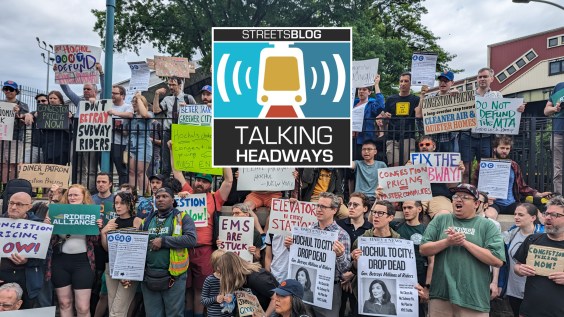With Congress returning to work next week after a month away from
Washington, a national dialogue long dominated by health care is about
to open to the long-awaited Senate debate on climate change.
 EPA administrator Lisa Jackson (Photo: Legal Planet)
EPA administrator Lisa Jackson (Photo: Legal Planet)But industry-funded efforts to derail legislative action are already receiving undeservedly credible coverage in the mainstream media, and the 6.8 to 1 spending disparity between opponents and backers of the climate bill is leading environmental groups to sound the alarm.
"Big Oil and Dirty Coal, along with allies
like Sarah Palin, Rush Limbaugh, and Newt Gingrich, are ramping up
their efforts to kill this legislation in the Senate," League of
Conservation Voters President Gene Karpinski wrote to his members today.
And Environmental Protection Agency (EPA) chief Lisa Jackson made a pitch
of her own on Friday evening to galvanize supporters of a cap on carbon
emissions. Jackson argued that environmentalism should be "sold" more
effectively to low-income urbanites as an issue that deeply affects
their quality of life.
Over the years, environmentalism has largely been seen as an enclave ofthe privileged. The term "environmentalism" brings to mind pristinewilderness and wide-open landscapes. What doesn't come to mind is anapartment building, a city block, or an inner city kid who has troublebreathing on hot days. Even issues like climate change are distantconcerns for poor and minority citizens (and their advocates) who arestruggling daily for equality in education, health care and economicopportunity.
The
word "transit" appears nowhere in Jackson's op-ed, but it's hard to
think of a more appropriate issue than transportation to connect city
residents with the impacts of climate change.
A study released
last month by Columbia University's school of public health found that
air pollutants have serious health consequences for children born to
minority families in New York. Moreover, researchers from three
California universities calculated earlier this year that toxic air would exacerbate the impact of heat waves on urban minorities, creating a "climate gap."
The
congressional climate bill could take major strides to close that gap
by investing in transit-oriented development and improving transit
access for lower-income neighborhoods. But expanding environmentalism's
reach into inner-city communities might be difficult given the Obama
administration's current hands-off approach to transit's role in the legislation.





